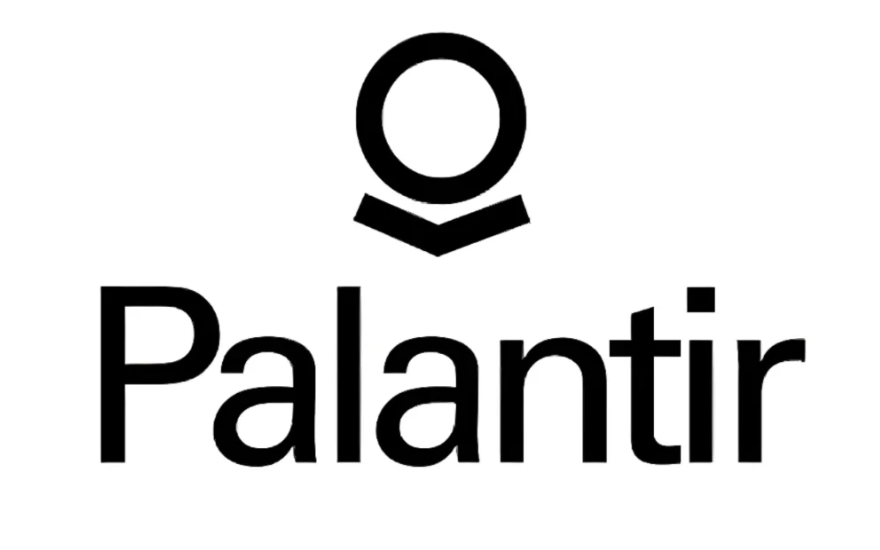Recently, I just finished the SDE interview with Palantir, and the overall feeling is that it is really more "engineering-oriented". The overall feeling of the interview is that it is really more "engineering oriented", and the investigation point is not the same as the traditional big factories, many questions are not just about algorithm implementation, but also focus on the code quality, engineering structure, scalability and other practical abilities. I'd like to share my interview process and questions with you in detail, and I hope it will help you to prepare for Palantir's friends!

Palantir SDE Overall Process
Palantir's process is organized like this:
- OA (Coding Assessment): write a moderately hard algorithmic question online
- Phone Interview: A round of VOs, Live Coding for the most part.
- Onsite Interview: 4 rounds (Coding + Debugging + System Design + Behavioral)
One of the most distinctive features is Onsite's System Design and Debugging, which is really close to "real work" scenarios, and completely different from the LeetCode style.
OA
Palantir's OA is done on CodeSignal, one question, 60 minutes, unlimited languages, but they prefer Java / Python.
Problem: You are given a list of events, each represented by [start, end]. Design a class EventTracker that allows you to.
addEvent(start, end): add a new eventgetMaxOverlap(): return the maximum number of overlapping events
Implement the methods efficiently.
This question is essentially a classic "conference room problem", which is handled by scanlines or heaps. However, Palantir's focus is on how you write modular, maintainable, and extensible code. It's not just about AC, the structure of the code and the design of the classes are also important.
On my side, I did a lot of engineering style exercises in advance (thanks to programhelp's mock training...), and when I wrote it, I followed the SRP principles, separating logic and data, with standardized variable naming and clear boundaries, and finally passed with full marks.
Phone Interview: Lots of interaction with the interviewer, detailed examination
This round was a live coding session with Palantir's engineers, which lasted 45 minutes.
Question:
Problem: Given a string, return all possible palindrome partitions.
Input: "aab" Output: [["a", "a", "b"], ["aa", "b"]]
This question is actually a typical DFS + Backtracking question, but the interviewer kept pushing my thinking like:
- Why are you checking if the substring is palindrome first?
- If this method is called 1,000,000 times, will it blow up memory?
- How to add cache optimization?
- How would you write test cases if the string is long?
This round is really about whether the code you write will make it into production or not.
Onsite Interview: four rounds of high intensity, especially system design and debugging
1) Coding Round
The topic is in the engineering style, not purely algorithmic, and requires you to write a service class, and implement several kinds of data processing logic. For example:
Problem: Implement a SearchService that supports.
addDocument(docId, content)search(keyword): return docIds that contain the keyword
It sounds simple, but there are a lot of details to consider, such as case, punctuation handling, memory optimization, etc., and unit tests to write on the spot.
2) Debugging Round
This round was the most special round for Palantir in my opinion. You are given a piece of buggy code to troubleshoot and fix on the spot.
The scenario is to simulate a data processing pipeline with an exception logged in the file that causes a crash, and you are asked to find the root cause and fix it.
Palantir puts a lot of emphasis on debugging ability, and this round is not about brute force, it's about analyzing your logs, error stacks, and boundary conditions.
3) System Design
This round was more of a "product + system design" hybrid. My title was:
Problem: Design a scheduling system for multi-user interview bookings.
The interviewer will slowly guide you through the considerations:
- How are multiple people's times matched?
- How can conflict be avoided?
- How is the adjustment made after a user cancels an appointment?
- How is the data stored? Should it be divided into libraries and tables?
I was from the function flow → module division → database structure → extension program → boundary case, step by step down, the interviewer finally said "very thoughtful", but also quite happy ~!
4) Behavioral + Collaboration
This round was more in the form of chatting, the interviewer gave me a system design question, but we discussed how to implement it together and wrote a bit of pseudo-code together. The interviewer gave me a system design question, but we discussed how to implement it together and wrote a little bit of pseudo-code together.
Interview Summary: Engineering Skills > Algorithmic Skills
Overall, Palantir emphasizes "engineering thinking". It's not about whether you can write the answer, but whether you can implement the solution in the production environment. So it's not just about brushing up, it's about learning:
- High quality code writing
- Unit testing and code structure design
- Tradeoffs and extensions to the actual system
It's really quite unfortunate that many people overlook these, resulting in algorithms that pass and system design that hangs.
Programhelp |Remote Helping Hand Protection
When I was preparing for the Palantir interview this time, I was actually in a very tight rhythm, interviewing at the same time as I was doing my internship. Luckily, I had programhelp's remote assistance, which helped me save a lot of time and energy, no matter it was OA writing, VO voice reminder, or mock tutoring on system design.
Especially Palantir's OA and VO have very high code quality requirements, and programhelp also simulated an engineer-style code review to help me check for flaws. I highly recommend it to those who are still in the anxiety of job hunting, you really don't have to fight alone.


